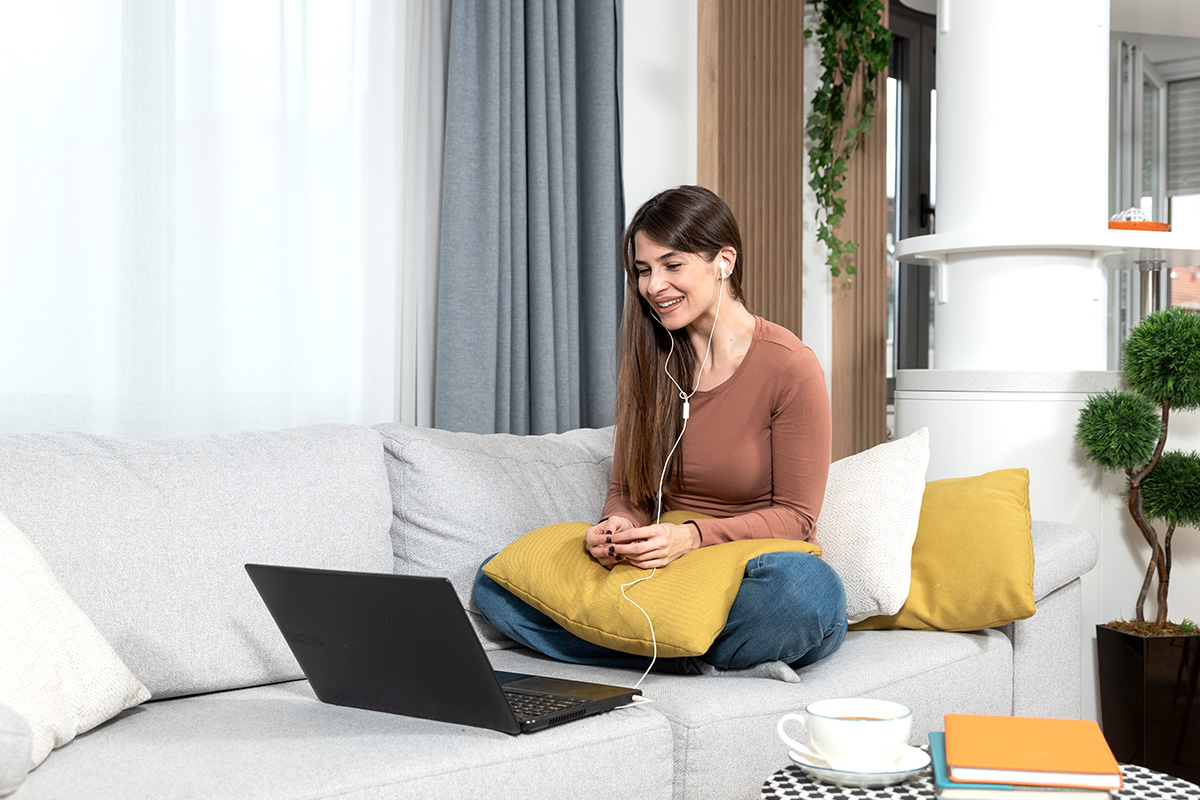Services
Creating a model of strategies and skills to deal effectively with the inevitable stress that is part and parcel to the human experience.
What is DBT?
DBT is a type of psychotherapy that increases peoples’ ability to live life well.
With tools and knowledge, we are better equipped to manage life more effectively and learn to build a life worth living.
DBT was developed by Marsha Linehan, PhD, who wanted to develop a treatment for Borderline Personality Disorder (BPD). DBT is very effective, not only for BPD, but for a wide variety of problems, including depression, eating disorders, substance abuse and “multi-diagnostic, difficult-to-treat” patients.
Research studies comparing DBT to standard Cognitive Behavioral Therapy (CBT) or to psychodynamic therapy have shown DBT to be more effective. Clients get better faster and retain gains made. Follow-up measures of symptoms conducted at 6, 12 and 18 months post treatment show clients become even more effective/less symptomatic after discharge.
Our Services Include:
Individual Therapy
The DBT Clinic provides full-fidelity DBT which includes individual therapy, a skills group, and phone coaching. The clinic also provides DBT-informed services (does not include skills group or phone coaching). Through this process, one can more easily identify problem behaviors and how to avoid them.
Assessment
Individual therapy begins with a comprehensive assessment of the client to identify problems, strengths, history and former treatment.
Goal Identification
Treatment goals are collaboratively established. We use diary cards to track one’s emotions, problem behaviors, behaviors one wants to develop (e.g. conflict resolution, assertiveness), the skills the person has been using and if they are working.
Analysis
When a problem behavior shows up, we conduct an analysis to identify what is influencing that behavior to occur and what skills and strategies one might use to avoid the problem behavior.


Skills Group
Learning and practicing Core Mindfulness, Distress Tolerance, Emotion Regulation, and Interpersonal Effectiveness. Skills group is the manner in which various skills and strategies are taught. These include:
Core Mindfullness
Core Mindfulness is a set of ancient skills that help increase awareness, support living in the moment without judgement, to participate fully in the moments of our lives and to respond to situations in service of long-term goals.
Distress Tolerance
Distress Tolerance provides tools to use when one is feeling impulsive or reactive. When we are overwhelmed with intense, usually negative, emotions, we may react in ways that provide some modicum of relief in the short term, but create more problems long term. It’s not very useful to just say “stop that!” unless alternatives are provided. Distress Tolerance allows us to tolerate difficult situations without making things worse.
Emotion Regulation
In the DBT model, the heart of the problem, the thing that drives us to react ineffectively, is “emotions run amok”. In other words, our emotions get the better of us. They overwhelm our effective coping skills. If we can learn to regulate our emotional world more effectively, we don’t get so easily overwhelmed and are thus less reactive or impulsive. The need for Distress Tolerance diminishes.
Interpersonal Effectiveness
Many emotional problems occur in the context of our relationships with others. This module teaches skills in getting your needs met in relationships with others. One learns skills to set limits, ask for change from others, express one’s opinions in a manner others take seriously, resolve conflict and stand up for one’s legitimate rights. Further one learns skills to see others’ point of view, validate their perspective and attempt to find solutions that are “win-win”, where both parties feel their concerns are addressed. Finally, all this is done with another skill set that supports mastery and self-respect.
Mon
5p-6p
Adult Skills Group
Facilitators Judy Spencer and Burky Achilles
Tue
5p-6p
Adult Skills Group
Facilitators Judy Spencer and Burky Achilles
Wed
12p-1p
Queer Affinity Skills Group
Facilitators Delta Bates and Hollie Crandell
5:30p-7p
Adolescent Skills Group
Facilitators Heidi McGreal and Katie Johnson
6p-7p
Adult Skills Group
Facilitator Larry Smith
Thu
12p-1p
Queer Affinity Skills Group
Facilitators Delta Bates and Hollie Crandell
12p-1p
Alumni Skills Group
For clients who have completed a 6-month skills course and would like to talk about how they are using the skills in their lives. Facilitators Mika Vinci and Larry Smith
6p-7p
Adult Skills Group
Facilitator Larry Smith
Phone Coaching
Especially early in DBT treatment, clients don’t have the skills needed to avoid the problem behaviors in which they engage. It takes time to learn and become proficient at all the skills and strategies that are offered in DBT.
Phone Coaching
Part of the DBT therapy practice includes providing phone coaching as needed. When one is having difficulty, they can call their therapist to get advice on skills-use in that situation.
Crisis Assessment & Management
In the event of a crisis (defined as and suicidal thoughts or impulses one is having difficulty managing or, when one is at risk for engaging in tissue-damaging self-harm—e.g. cutting, burning self), they can call their individual DBT therapist 24/7.
The therapist will evaluate for risk and the possible need to hospitalization and will provide crisis coaching to help the client deal with the crisis effectively. If one cannot stay safe, hospitalization is imperative. However, to develop a life worth living, we need to develop the ability to deal with difficulties effectively and become less reliant on, or not need at all, psychiatric hospitalizations to stay safe.

Telehealth
In response to the evolving nature of the Covid-19 pandemic, we currently offer both Telehealth and in-person therapy as comfort and safety permit, following stringent safety protocols.

